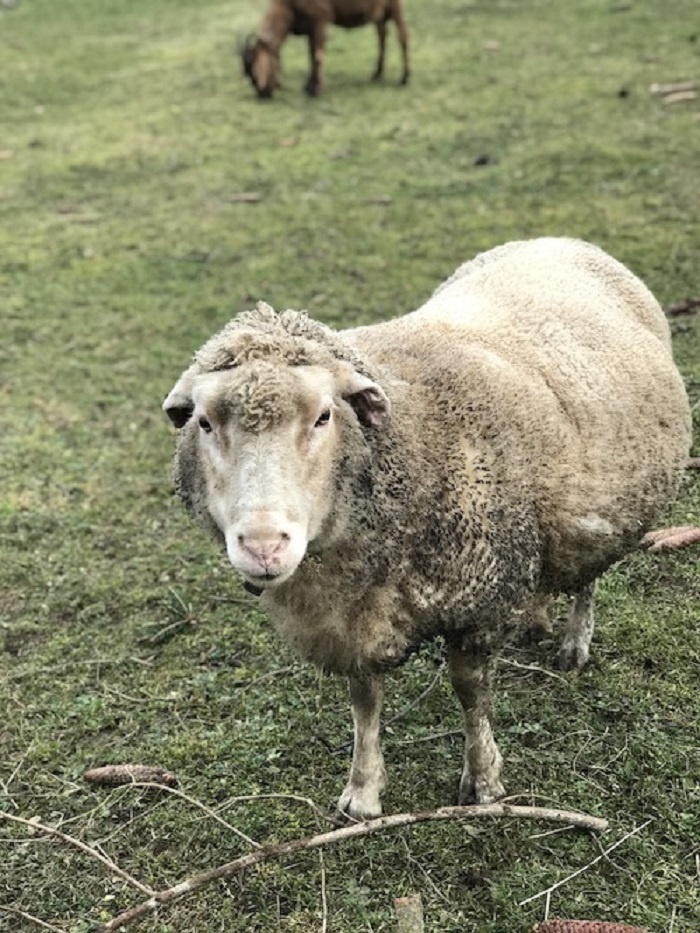One defining component of Princeton’s academic curriculum is its preceptorial system. While classes are already small, precepts offer students the opportunity to engage with course materials in small discussion groups. The precept is like an open forum in which the preceptor or professor guides students in an invigorating intellectual discussion.
Precepts provide you with the tools and framework necessary to fully grasp and understand the course material. You get to utilize what you learn in lectures to critically analyze texts. Often, while humanities precepts revolve around readings, for quantitative courses, precepts allow you to go over practice problems or tough concepts as a class.
One of my favorite precepts has been in “Approaches to American History.” In this course, the class was divided into two small precepts of twelve students and the professor. The course consisted of only primary sources related to 3 major historical events. While many of the readings were lengthy and at times difficult to understand, being able to deconstruct their meaning with my peers proved indispensable. I also noticed that at the beginning I was scared to voice my opinion or participate, but by the end of the class, I was more comfortable contributing to the conversation and crafting my own arguments.
Another precept I really enjoyed was in the class “Technology and Society.” What made this precept really special is that this course was interdisciplinary, so there were students from a variety of concentrations, all the way from sociology to mechanical aerospace engineering, so we all had different perspectives on the readings. When we were discussing misinformation in the media, computer science concentrators shared potential technical solutions that could spot tweets with false information, while humanities concentrators shared the implications behind “fake news” and the role of social media companies. There were many times when my opinion changed on certain technological issues because of what a student shared. This is what precept is all about!
Before coming to Princeton, I was apprehensive at the prospect of participating in a precept, but I have gained so much from them in regards to crafting my own arguments and challenging my own thinking. I have also been able to form bonds with the professors and my peers because of the meaningful interactions that small precept sizes naturally facilitate. My academic experience at Princeton wouldn’t be the same without the preceptorial system!








